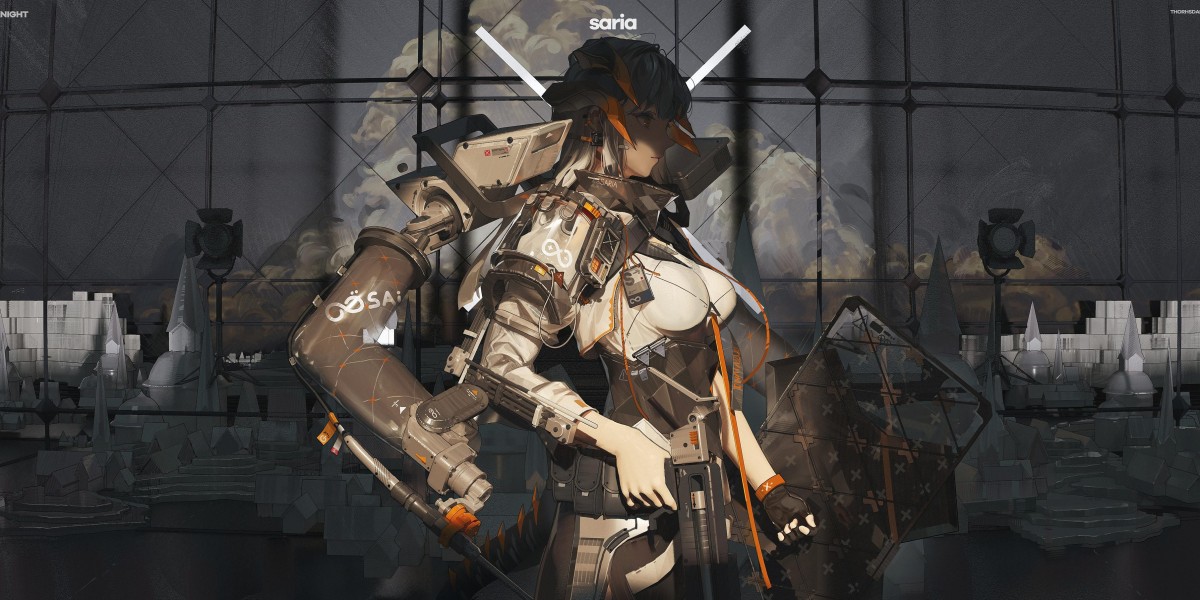The first few years of a child's life are crucial for their development. During this period, their brains undergo significant growth, laying the foundation for future learning and emotional health. One of the most impactful ways to support this development is through play, particularly with baby toys. Choosing the right toys is essential for providing sensory stimulation and fostering brain growth, making it vital for parents to understand how toys contribute to early development.
The Role of Baby Toys in Development
Baby toys are not just simple playthings; they are tools that can significantly impact your child's cognitive, physical, and social development. Here’s how toys contribute to various aspects of early development:
1. Sensory Stimulation
Toys that stimulate the senses—sight, sound, touch, taste, and smell—are crucial for babies. Sensory stimulation helps develop neural connections in the brain, enabling better cognitive function. For example:
- Visual Stimulation: Bright colors and varied shapes can capture a baby's attention and encourage visual tracking, a skill important for reading and learning later in life.
- Auditory Stimulation: Toys that make sounds, like rattles or musical instruments, can enhance auditory processing and help babies learn to recognize different sounds and rhythms.
- Tactile Stimulation: Textured toys and soft plush items provide different tactile experiences, promoting sensory exploration and fine motor skills as babies learn to grasp and manipulate objects.
2. Cognitive Development
Toys that challenge a baby's problem-solving abilities are key to cognitive development. For instance, shape sorters and stacking blocks encourage critical thinking and spatial awareness. As children figure out how to fit shapes into corresponding holes or balance blocks, they develop their reasoning skills and hand-eye coordination. This type of play also lays the groundwork for math and science skills.
3. Motor Skills Development
Toys that require reaching, grasping, and moving help develop both fine and gross motor skills. For example, soft balls encourage crawling and throwing, while small building blocks promote grasping and stacking. As babies engage with these toys, they strengthen their muscles and improve coordination, which is crucial for later physical activities like walking, running, and writing.
4. Social and Emotional Growth
Toys also play a vital role in fostering social interactions and emotional development. When children engage with dolls, action figures, or role-play sets, they learn about empathy, cooperation, and communication. Playing alongside others with toys encourages sharing, turn-taking, and conflict resolution, essential skills for building relationships as they grow.
5. Creativity and Imagination
Imaginative play is vital for creative thinking. Open-ended toys, like building blocks or art supplies, allow children to express themselves and explore their creativity. Engaging in pretend play with toys helps children process their experiences and emotions, enhancing their ability to think outside the box.
Choosing the Right Toys for Sensory Stimulation
When selecting toys for your baby, consider the following factors to ensure they support sensory stimulation and brain growth:
1. Age Appropriateness
Choose toys designed for your baby's age group. Toys with small parts can pose choking hazards for younger infants. Always check age recommendations on packaging to ensure safety.
2. Variety of Textures and Colors
Select toys with different textures and bright colors. This variety engages your baby's senses and encourages exploration. Look for toys that have soft, squishy, or crinkly materials that can pique your baby's curiosity.
3. Interactive Features
Interactive toys that promote cause-and-effect learning—such as those that make sounds when pressed or light up—can captivate your baby's attention and enhance their understanding of how their actions affect the environment.
4. Open-Ended Toys
Choose toys that allow for multiple uses and encourage creative thinking. Building blocks, play dough, and art supplies provide opportunities for imaginative play, helping children explore their creativity.
5. Durability and Safety
Ensure that the toys you choose are made from safe, non-toxic materials and can withstand the wear and tear of active play. Look for certifications that indicate compliance with safety standards.
Conclusion
Investing in the right baby toys is crucial for supporting early development. Through sensory stimulation and interactive play, toys help your baby build essential cognitive, motor, and social skills. By understanding the role of toys in your child’s growth and carefully selecting those that promote engagement and exploration, you are providing a solid foundation for their future learning and development. Ultimately, the right toys can make a significant difference in your baby's early years, turning playtime into an enriching and enjoyable experience.


